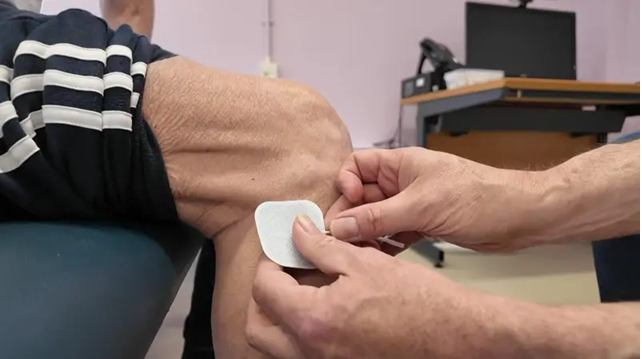‘Cognitive’ is a term used in psychology to describe anything related to thinking, learning, and understanding. So when we talk about cognitive skills or processes, it refers to different aspects of how the brain works – including things like remembering information, learning new things, paying attention, and processing information. Exercise can improve your cognitive abilities, but there are also some daily lifestyle habits that can also help.
Reducing your stress
Anyone with high amounts of stress is more likely to suffer from cognitive problems than those who are free of stress. While medications can reduce the symptoms of stress, they don’t cure the problem or help you understand the cause of the stress.
Often medications can require ever-increasing dosages to be effective, and many have side-effects. It is also important to consider reducing stress in more natural ways, such as exercise, naps, counselling, meditation, relaxing hobbies, spiritual growth and other means.
Here are some ways you can enhance cognitive function, keep your memory sharp and improve mental clarity.
Adopt a growth mindset
Adopt a growth mindset, which is believing that you can improve your abilities and create successes through continuous learning, practice and persistence. Openness to new experiences through traveling, learning a new skill or taking on something that is unfamiliar and mentally challenging has been shown to improve cognitive function. To develop a growth mindset, it’s important to get out of our comfort zone and try something new.
Manage stress, anxiety and depression
Our emotional well-being influences our health in many ways, including our brain health. Prolonged stress, anxiety, and depression impacts cognitive functioning, leading to impaired memory and cognitive decline.
Neuroscientists found that elevated levels of the ‘stress hormone’ cortisol damage the brain, which changes brain structure and function, and leads to mental problems such as anxiety and mood disorders.
To help minimise the negative implications of prolonged stress, the key is to identify the root cause and situations where stress is likely to occur. Then develop effective strategies to help cope.
Learn effective ways to relieve stress such as physical activity, breathing techniques and proper sleep. Choose one to practice and note how you feel. Then try another technique until you find one that works for you.
There are many online stress management tools, which use cognitive behavioural therapy to help you de-stress and learn strategies to combat negative thoughts
Eat for brain health
You can also eat for brain health. Foods rich in nutrients such as omega-3 fatty acids, antioxidants and B vitamins have all been shown to support brain health. Foods particularly rich in these healthful compounds include leafy green vegetables, fatty fish, berries, tea and coffee.
As a bonus, research has shown that these same foods which are linked to better brain function have also been shown to protect our hearts. Adding these foods into your diet on a regular basis may improve the health of your brain, leading to enhanced mental function and overall health.
Try to emphasise plant foods in your diet. Research shows that eating more plant foods may help slow cognitive decline. Incorporate fish in your diet twice a week. Remember to choose varieties that are low in mercury, such as salmon and canned light tuna. Try handful of walnuts as a snack or on a salad. A recent study from the University of California Los Angeles linked higher walnut consumption to improved cognitive test stores.
Focus on quality of sleep
Few things feel better than waking up after a good night’s sleep. Quality sleep puts us in a better mood and gives us energy to keep up with our busy lives. Sleeping is important for storing memories, while also restoring us both mentally and physically. Lack of sleep can contribute to difficulties problem-solving, reasoning and concentrating.
Getting a good night’s sleep is one of the most difficult challenges for people living with Parkinson’s but don’t give up and keep working on ways to improve your sleep quality.
Exercise your brain
Join in thoughtful conversations with family or friends. This allows you to practice speaking, critical thinking and many other cognitive aspects which stimulate and refresh your mind. This is especially important for people living with Parkinson’s who often withdraw from social interaction.
One of the best brain exercises for your brain is meditation. Meditation allows you to relax and focus on your thoughts and emotions. There are many free applications available that provide guided meditation for those unfamiliar with how to meditate.
Try art therapy
Art is a great way to express one’s emotions and thoughts in a manner which practices hand-eye coordination and encourages a happier mood. Doing art activities such as watercolor painting allows the artist to self-reflect on their piece and the emotions which contributed to their creation.
All the above activities will deliver benefits and help to keep your mind sharp and your cognitive abilities strong. Try all of them and see which one benefits you the most.
References:






